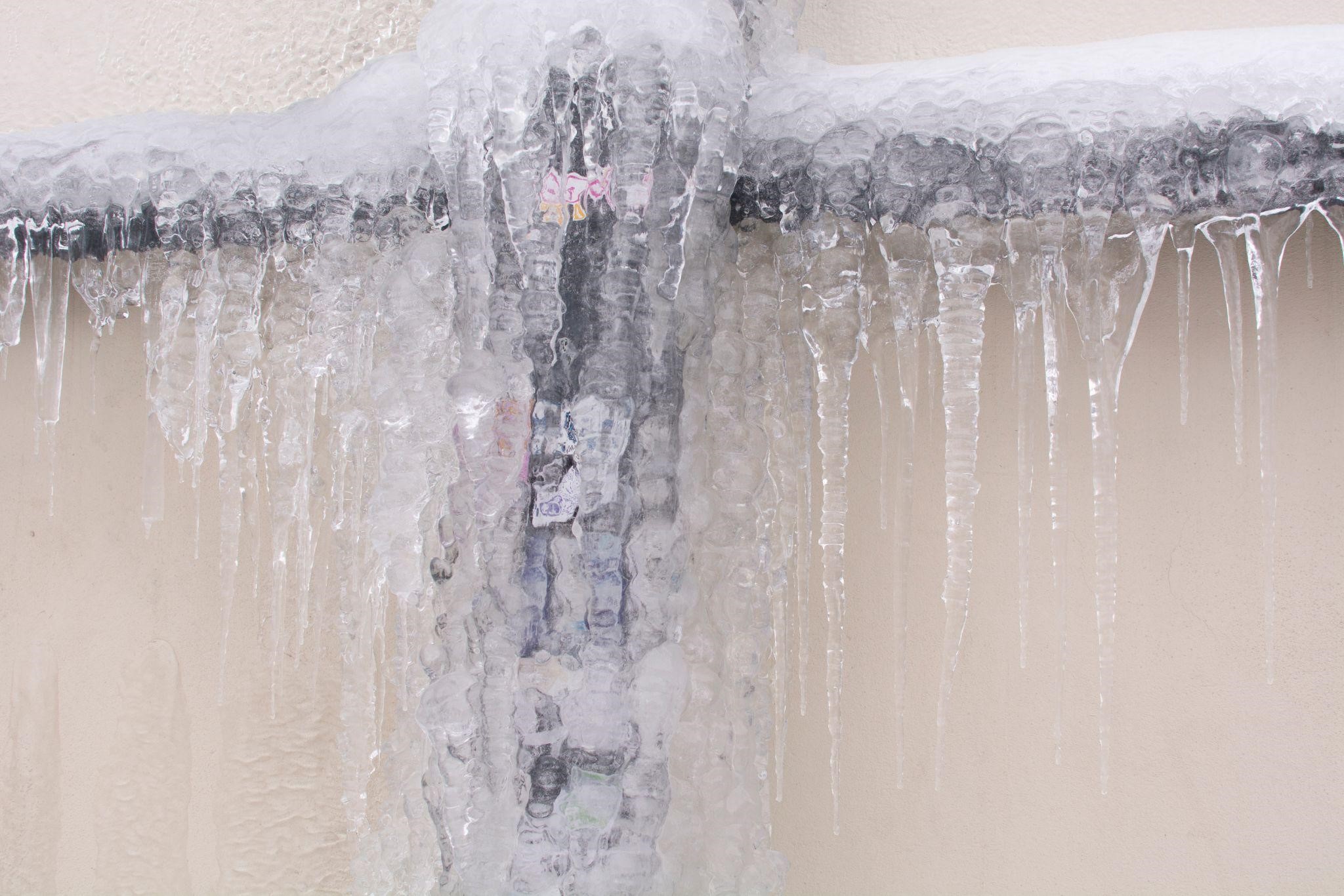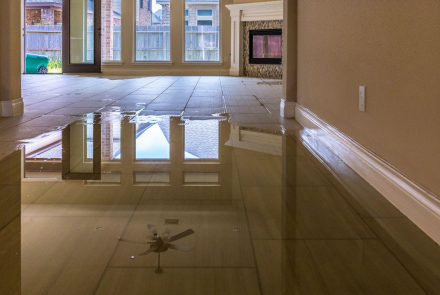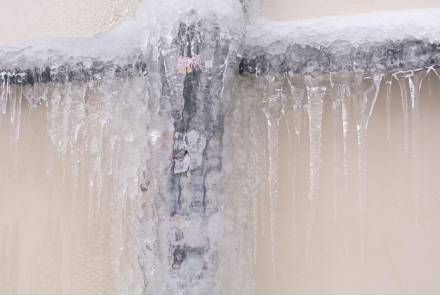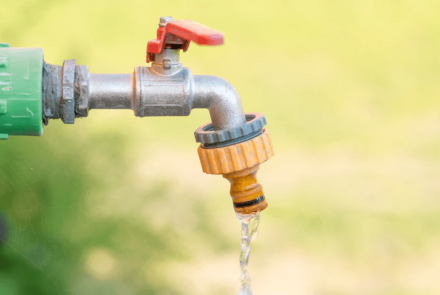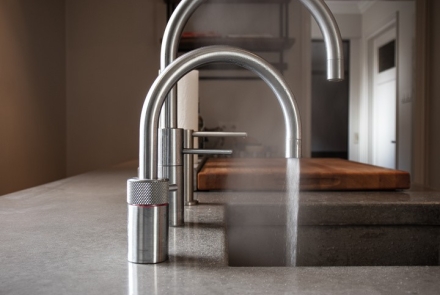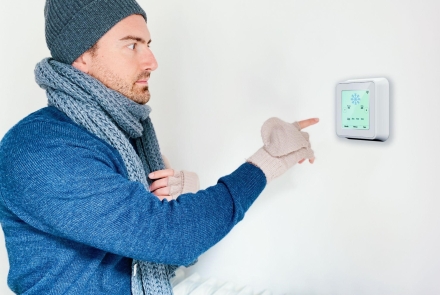Midwest winters mean snowy and cold weather, sometimes too cold. Below-freezing temperatures can affect your home’s plumbing, causing your pipes to freeze. A frozen pipe can quickly turn into a burst pipe, so learning how to protect pipes from freezing is essential for protecting your plumbing and home from water damage.
Why Pipes Freeze in Winter
When water inside your pipes freezes, it expands and creates pressure inside the pipe, which could cause it to crack or burst. This is why it is so important to prevent burst pipes during extreme cold. Pipes in uninsulated or unheated areas, such as attics, basements, crawl spaces, and exterior walls, are especially susceptible to freezing. Cold drafts, poor insulation, or even a sudden drop in temperature can cause the water inside your plumbing system to freeze, leading to severe damage if left unchecked.
How to Keep Your Pipes From Freezing in Winter
Even though winter temperatures pose an increased risk to your plumbing system, there are things you can do to protect your pipes from freezing:
- Insulate exposed pipes using foam sleeves, pipe wrap, or heat tape.
- Seal cracks and gaps around doors, windows, and foundations to block cold air.
- Keep faucets dripping slightly during extreme cold to maintain water flow.
- Set your thermostat consistently, even overnight or when you’re away.
- Open cabinet doors under sinks to allow warm air to reach pipes.
Taking the time to prep your home’s plumbing against the risk of freezing not only saves you money on emergency repairs but also protects your home from the damage of a burst pipe. You should know where your water shut-off valve is and how to turn your water off to minimize any water damage if a pipe does crack or leak.
Preparing for Extended Freezing Temperatures
If you’re experiencing a prolonged cold snap, there are additional preventative measures you should take for preventing burst pipes. Disconnecting your outdoor hoses and sprinklers will stop any leftover water from freezing and causing backups into your home. Another easy way to prep your plumbing for the cold season is to use pipe heating cables or insulation wraps to protect the pipes in colder areas of your home.
Signs Your Pipes Are at Risk
There are several things to look out for that indicate your pipes are at risk of freezing. Spotting these signs early is the first step toward keeping your pipes from freezing this winter:
- Frost or condensation forming on exposed pipes.
- Weak water pressure or a sudden drop in water flow.
- Unusual gurgling, banging, or whistling sounds from your plumbing.
- Cold spots in areas near sinks or along exterior walls.
If you notice any of these warning signs, it’s time to call a plumber to remedy the issue before your pipes fully freeze.
What to Do If a Pipe Starts to Freeze
Don’t panic if you notice a pipe starting to freeze. It’s essential to act quickly by turning on faucets to relieve pressure building up in the pipe and heating the pipe using a hair dryer or space heater. However, these tips may not be enough to fully prevent the pipe from freezing, so calling a plumber is still the best course of action, especially if you notice any cracks or leaks.
The Cost of Ignoring Frozen Pipes
Repairing a burst pipe not only means an emergency plumbing repair, it can cost thousands of dollars in water damage to your property. Depending on the severity of the leak, you may need to replace flooring, drywall, and insulation as well as any damaged personal belongings that might have been in the flooded area. There is also the risk of mold and structural damage which are expensive repairs. Don’t risk the health and safety of your loved ones, learning how to protect your pipes from freezing can save you the shock of a high repair bill later.
Long-Term Maintenance Tips for Your Plumbing
Preventing your pipes from freezing isn’t just something to focus on during winter. Being proactive about plumbing maintenance and having your pipes inspected in the fall will catch any issues, like older or damaged pipes that might easily crack in the winter. If you have older plumbing, updating to insulated or frost resistant pipes is a good idea in the Illinois winter climate.
Protect Your Home This Winter with Robert Bair
Illinois winters can be brutal and the impact of your plumbing can affect your home in so many ways. The experts at Robert Bair service homes across the Chicago suburbs and provide reliable winter plumbing solutions and emergency services to help homeowners avoid frozen and burst pipes.
A burst pipe is a plumbing emergency that needs to be handled quickly and expertly. Having a 24/7 plumber you can count on, like the team at Robert Bair, gives you the reassurance of knowing your plumbing issues will be taken care of even if it’s the middle of the night or the temperature is below zero.

